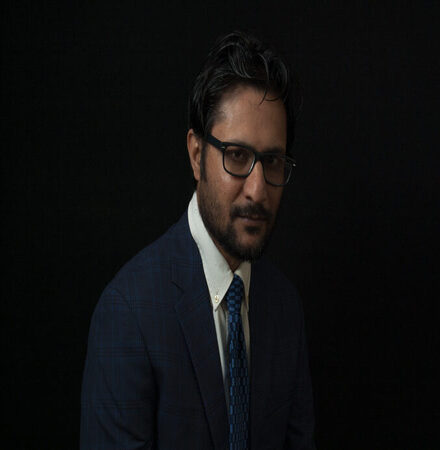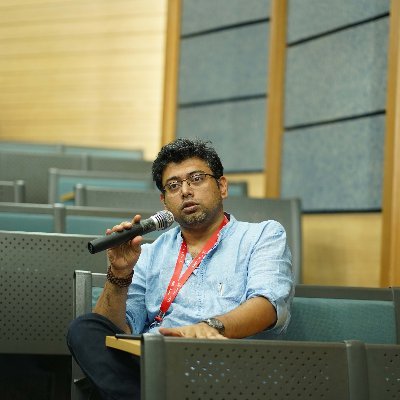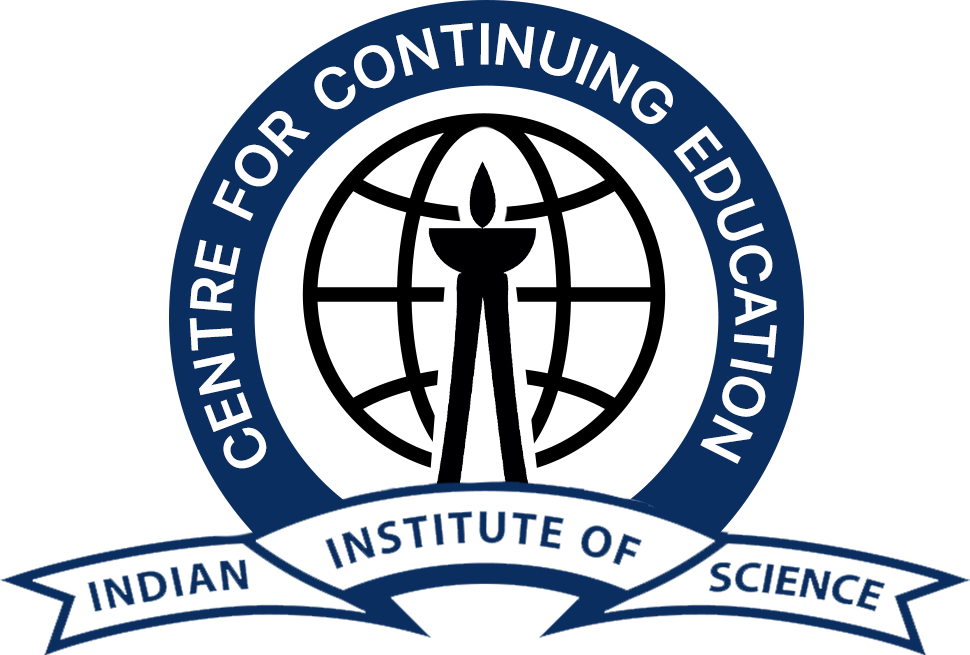Modern Materials: Mechanics, Measurement and Manufacturing
Overview
Advanced and additive manufacturing technology has provided unprecedented control over the internal geometries of structures providing new ways to sculpt distribution of matter at multiple length scales. Such architectured materials provide a new paradigm of materials design that are rapidly revolutionizing lightweight, multifunctional and active materials with applications in small and medium unmanned vehicles, hypersonic aircrafts, automotive, robotic, marine, and civilian structures. These architectured materials possess intricate periodic internal structures which alternate with open spaces. The underlying architecture also serves as storage, flow channels, waveguides, thermal pathways, and sensor stows leading to new multifunctional possibilities and peculiar material properties combinations not typically found in nature. These laboratory-conceived ‘modern materials’ have already shown to exhibit negative Poisson’s ratio, variable and tunable stiffness, anomalous damping and band gaps leading to new areas of application beyond current materials envelopes. The course aims to provide a wide overview of this area, teach the fundamental mechanics principles and tools necessary for analysis, design and the challenges in manufacturing and measurements in these systems. This short course is organized in three modules that should be taken together. Participants will learn how to use computational methods, theoretical calculations, and diagnostic tools such as digital image correlations (DIC). Course participants will learn these topics through lectures and hands-on experiments. Also, case studies and assignments will be shared to stimulate research and provide motivation to participants.
Moudules
A: Overview and fundamentals of architectured materials: Dec 11 – Dec 12, 2023
B: Meta-surfaces and intrinsic multifunctionality: Dec 13-Dec 14, 2023
C: Metrology, challenges, and applications – Dec 15, 2023
|
|
You Should Attend If…
|
 |
Course Fee
|
 |
Mode of InstructionOffline (IISc Campus)
|
|
|
Duration11 – 15 Dec 2023 |
Faculty Members

Ranajay Ghosh
Associate Professor
Prof. Ranajay Ghosh is an Associate Professor of Mechanical and Aerospace Engineering at the University of Central Florida, Orlando USA and directs the Complex Structures and Mechanics of Solids Laboratory. He is also a faculty in the UCF’s Center for Turbomachinery and Energy Research, and the Stephen Hawking Center for Microgravity Research. His expertise covers solid mechanics, additive manufacturing, and metamaterials. He is the winner of the prestigious US-National Science Foundation’s Early Faculty CAREER Award in mechanics of materials. His research work has led to over 70 peer reviewed journal publications in top academic journals and his work has been covered byNewsweek, New York Times, Discovery, and New Scientist. He received his B.Tech. in Mechanical Engineering from IIT Kharagpur and PhD in Mechanical and Aerospace Engineering from Cornell University, Ithaca, NY

Koushik Vishwanathan
Assistant Professor
Prof. Koushik Vishwanathan is an Assistant Professor of Mechanical Engineering at the Indian Institute of Science. His research focuses on advanced manufacturing, experimental mechanics, and metrology. He received his B.Tech. in Mechanical Engineering from IIT Madras and MS and PhD from Purdue University, West Lafayette, IN.

Aloke Kumar
Associate Professor
Dr. Aloke Kumar is an Associate Professor of Mechanical Engineering at the Indian Institute of Science, Bengaluru. He received his bachelor’s and master’s degrees from the Indian Institute of Technology, Kharagpur, India in 2005 and his Ph.D. in Mechanical Engineering from Purdue University, West Lafayette, USA in 2010. His doctoral work was among the founding works in opto-electro fluidics – an emerging area of microfluidics, which today is benefiting applications from colloidal physics to biomedical diagnostics. Dr. Kumar joined University of Alberta’s Mechanical Engineering Department in 2013, where he was the Canada Research Chair in Microfluidics for Biological Systems. He moved to the Indian Institute of Science in 2017, where he currently directs his Soft Matter Lab with a focus on advanced microbial based materials fabrication, soft active matter like bacterial biofilms and complex fluids.


